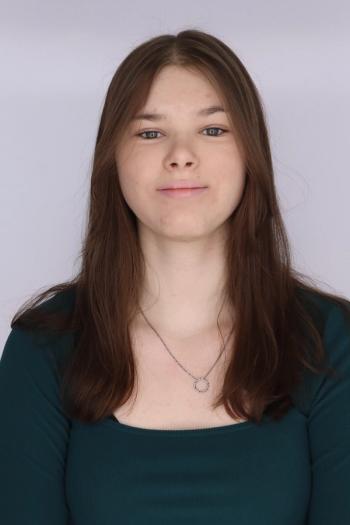
LCGC Europe eNews
- LCGC Europe eNews-11-27-2009
- Volume 0
- Issue 0
Last call for HTC-11 posters
Those wishing to submit posters to the Hyphenated Techniques in Chromatography conference (HTC-11) will need to do so before 1 December 2009. Those wishing to benefit from reduced fees will need to register before this date also.
Those wishing to submit posters to the Hyphenated Techniques in Chromatography conference (HTC-11) will need to do so before 1 December 2009. Those wishing to benefit from reduced fees will need to register before this date also.
The HTC meeting series is claimed to be one of the premier platforms for the exchange of ideas on hyphenated and automated systems applicable in various laboratories. The next meeting, the 11th, will take place early next year in Bruges, Belgium, from 27–29 January.
There will also be short courses taking place on 25–26 January and anyone registering before 1 December will receive a reduced fee for these as well. The programme features one-day courses on
Miniaturized sample-preparation techniques
Comprehensive two-dimensional separations
Multidimensional techniques for application in industry
Liquid chromatography–mass spectrometry
A complete oral programme and a rapidly growing number of posters can be found on the website,
Articles in this issue
about 16 years ago
C2V acquired by ThermoNewsletter
Join the global community of analytical scientists who trust LCGC for insights on the latest techniques, trends, and expert solutions in chromatography.




